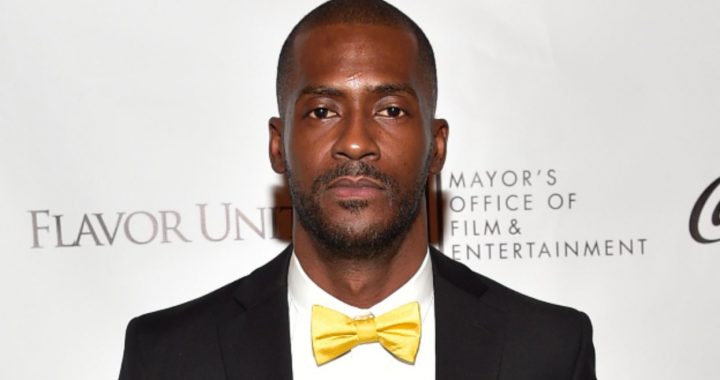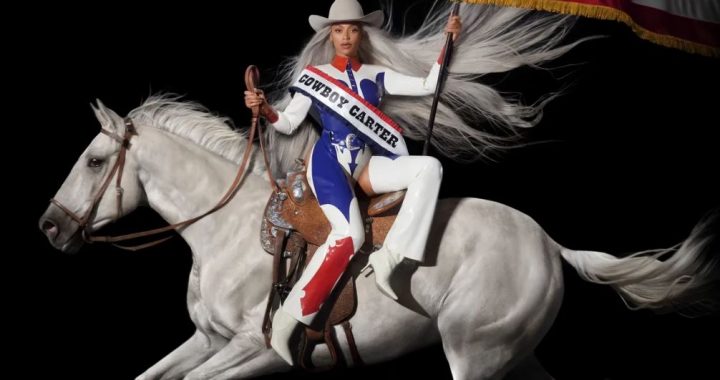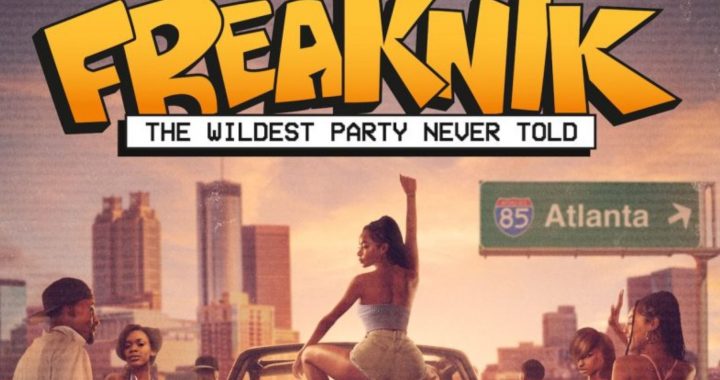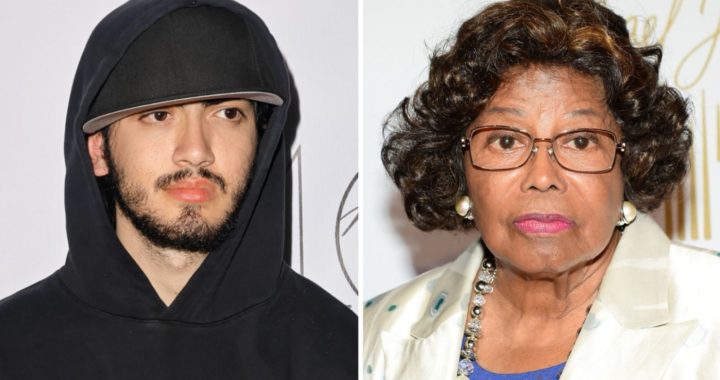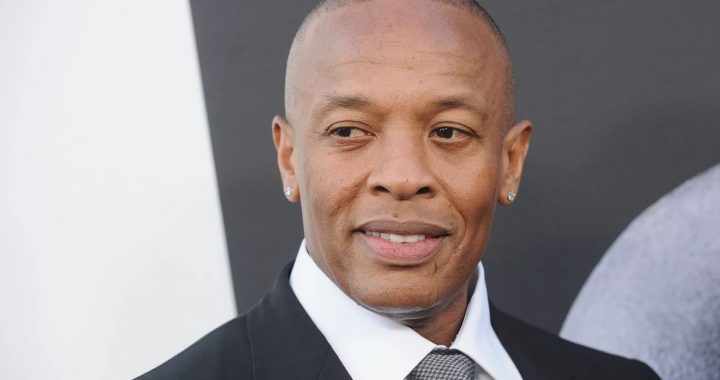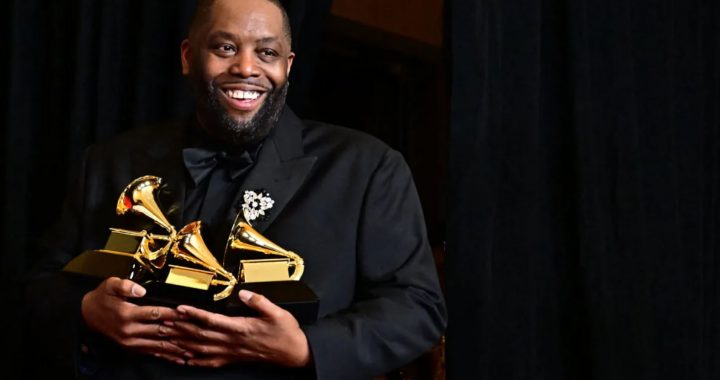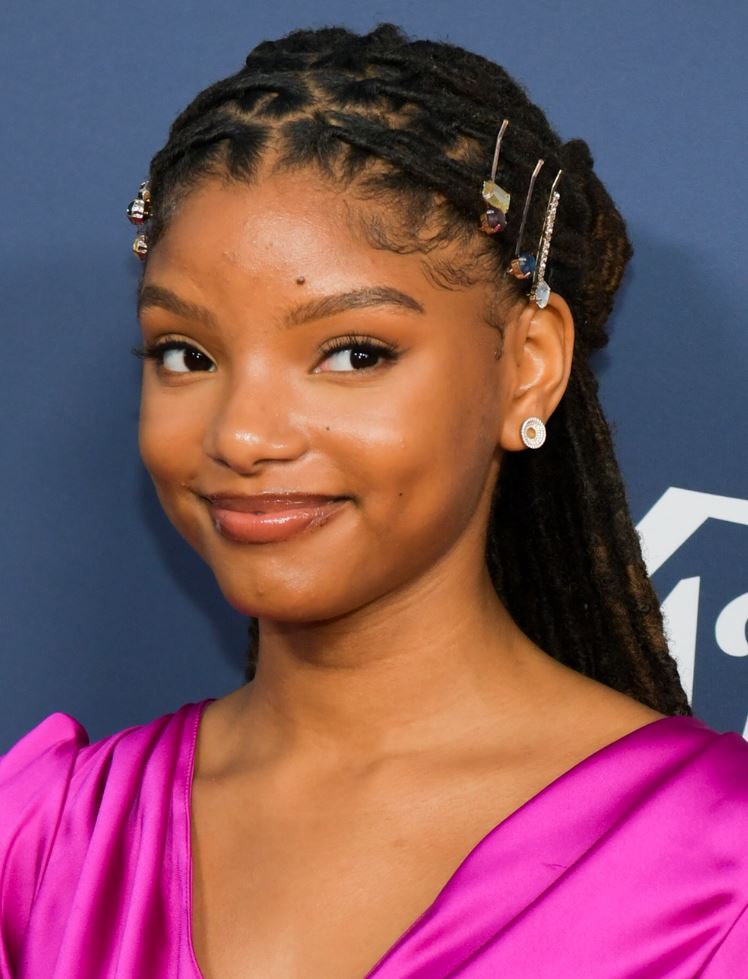
Halle Bailey 2
The backlash against Halle Bailey’s Little Mermaid is as silly as it is predictable
For generations, it has been Disney that has taught us about the world. For decades, though, Disney only considered white characters as worthy of inclusion in their stories. It wasn’t until the Nineties that the corporation began to introduce non-white princesses, including Pocahontas, Mulan, Aladdin’s Jasmine and The Hunchback of Notre Dame’s Esmeralda. And it wasn’t until 2009 that Disney introduced a Black princess to the canon, in the form of Tiana in The Princess and the Frog.
After a childhood spent awkwardly squeezing into Belle – from Beauty and the Beast – and Snow White costumes at princess parties, I was thrilled to finally see a character specifically representing girls like me – never mind the fact that, by then, I was well into my teens, with my hardcore Disney-loving days behind me. Soon, countless Black girls will have someone else to point to as their hero: Halle Bailey’s Ariel in next year’s live-action remake of The Little Mermaid.

For generations, it has been Disney that has taught us about the world. For decades, though, Disney only considered white characters as worthy of inclusion in their stories. It wasn’t until the Nineties that the corporation began to introduce non-white princesses, including Pocahontas, Mulan, Aladdin’s Jasmine and The Hunchback of Notre Dame’s Esmeralda. And it wasn’t until 2009 that Disney introduced a Black princess to the canon, in the form of Tiana in The Princess and the Frog.
After a childhood spent awkwardly squeezing into Belle – from Beauty and the Beast – and Snow White costumes at princess parties, I was thrilled to finally see a character specifically representing girls like me – never mind the fact that, by then, I was well into my teens, with my hardcore Disney-loving days behind me. Soon, countless Black girls will have someone else to point to as their hero: Halle Bailey’s Ariel in next year’s live-action remake of The Little Mermaid.
For generations, it has been Disney that has taught us about the world. For decades, though, Disney only considered white characters as worthy of inclusion in their stories. It wasn’t until the Nineties that the corporation began to introduce non-white princesses, including Pocahontas, Mulan, Aladdin’s Jasmine and The Hunchback of Notre Dame’s Esmeralda. And it wasn’t until 2009 that Disney introduced a Black princess to the canon, in the form of Tiana in The Princess and the Frog.
After a childhood spent awkwardly squeezing into Belle – from Beauty and the Beast – and Snow White costumes at princess parties, I was thrilled to finally see a character specifically representing girls like me – never mind the fact that, by then, I was well into my teens, with my hardcore Disney-loving days behind me. Soon, countless Black girls will have someone else to point to as their hero: Halle Bailey’s Ariel in next year’s live-action remake of The Little Mermaid.
It has long been proven that children perceive of race and attach different meanings to different skin colours. In the Forties, Kenneth and Mamie Clark used dolls to conduct studies on children’s awareness of race. For instance, two different dolls were placed in front of Black children, and the Clarks found that the children were more likely to attach positive attributes to the white doll. More negative attributes were attached to the Black doll. Though it was initially intended to show the harm in segregated schooling, the experiment has been recreated several times in the 75 years since. It’s a prime example of how early children are affected by their surroundings.
Frankly, it’s heartbreaking to see how early and how deep this sense of negative bias exists in Black children. There is subsequently no telling just how extensively this feeling of inferiority can run – into adolescence and adulthood – and how much of it is related to what they’re taught about people who look like them. Having a media that actively shows that whiteness doesn’t have to be the default for our imaginations is a step towards making Black children feel just as important in their favourite stories as their white peers.
When it hits cinemas next year, The Little Mermaid will surely have families of all backgrounds in the seats, ready to enjoy. One film is not going to change a system that has long considered whiteness as the standard to uphold. For Black children, though, it’s an opportunity to feel included in part of the fantasy and the magic of Disney. Halle Bailey’s Ariel doesn’t take away from Jodi Benson’s voiceover in the animated version, and it’s not just a positive for Black children, either. Shouldn’t every child be able to conceive of heroes of all colours?
It’s been many years since my last princess party, and I don’t expect to attend one any time soon. But for the Black girls who will, I’m glad that Ariel doesn’t feel as far out of reach as it once did.

